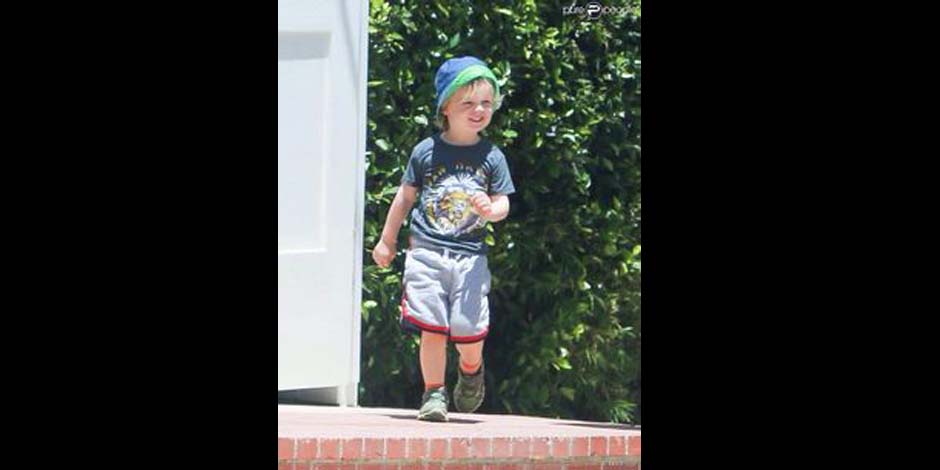Henry Lamar Hornsby was an accomplished geologist and a pioneering African American in his field. He made significant contributions to geology during his career, including his work on oil and gas exploration and the geological mapping of Texas. Despite facing discrimination and barriers in his education and profession, Hornsby persevered and became a respected geologist and mentor to many. This article will explore the life and legacy of Henry Lamar Hornsby through eight headings.
Early Life and Education
Henry Lamar Hornsby was born on March 7, 1902, in the town of Paris, Texas. He was the youngest of four children, and his parents were both former slaves. Hornsby attended the local public schools in Paris and excelled academically. However, due to segregation, he was unable to attend the all-white high school in Paris and instead attended the Bishop College Academy in Marshall, Texas.
In 1923, Hornsby enrolled at Bishop College in Marshall, where he studied geology and mathematics. He earned his bachelor’s degree in 1927 and went on to pursue graduate studies at the University of Chicago.
Career and Contributions
After completing his master’s degree in geology at the University of Chicago in 1929, Hornsby began his career as a geologist. He worked for several companies, including the Humble Oil Company and the United States Geological Survey. Hornsby’s work focused on oil and gas exploration and geological mapping.
One of Hornsby’s notable contributions was his work on the geological mapping of Texas. In the 1930s, he worked with other geologists to create the first comprehensive geological map of Texas, which is still in use today. Hornsby also conducted research on the geology of the Gulf Coast region and wrote several papers on the subject.
| You might also want to know about Kristin Grannis |
Discrimination and Barriers
As an African American in the early 20th century, Hornsby faced significant discrimination and barriers in his education and profession. He was unable to attend the all-white high school in his hometown and had to attend a separate school for African American students. When he applied to graduate school at the University of Chicago, he was initially rejected because of his race. However, he was eventually accepted after the intervention of a professor who recognized his potential.
Throughout his career, Hornsby faced discrimination in the workplace and was often paid less than his white colleagues. Despite these challenges, he persevered and continued to make significant contributions to geology.
Mentorship and Legacy
Throughout his career, Hornsby was a mentor and role model to many young African American geologists. He encouraged and supported their aspirations to pursue careers in geology, and many of his mentees went on to become successful geologists in their own right.
Hornsby’s legacy continues to inspire and influence geologists today. In 2020, the Geological Society of America created the Henry L. Hornsby Diversity in Geoscience Award to honor his contributions to the field and promote diversity and inclusion in geology.
Personal Life and Family
Hornsby was married to Hazel Juanita Cooper, and the couple had two children. He was an active member of his community and was involved in several organizations, including the NAACP and the Prince Hall Masons.
In his free time, Hornsby enjoyed fishing and hunting, and he was an avid collector of rocks and minerals. He also enjoyed gardening and was known for his green thumb.
Retirement and Death
Hornsby retired from the United States Geological Survey in 1968 after a long and distinguished career. He continued to be involved in the geology community and was a frequent speaker at conferences


[…] You might like to read about Henry Lamar Hornsby […]